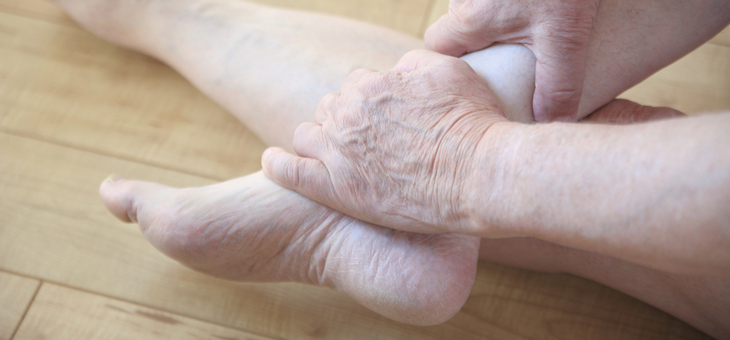I’ve been warned about being on the alert for cellulitis as a result of lymphedema caused by surgery. I’d heard of cellulite, but not cellulitis. Time to research. This is what I discovered.
The two words are similar, but the conditions are worlds apart. Cellulite is dimpled skin caused by fatty deposits. Cellulitis is a painful skin infection that happens when bacteria enters a break in the skin. It can be life-threatening if left untreated, so it’s important to recognise the symptoms and seek medical help quickly.
Cellulitis generally looks like a red, swollen rash and most commonly occurs on the lower leg, but you can get it on other body parts. Typical symptoms, according to WebMD, are:
- dull pain or tenderness
- swelling
- warmth
- fever and chills
- swollen glands and lymph nodes
- painful rash that may blister and scab.
Your doctor should be able to tell if you have cellulitis just by looking at your skin. He or she might order tests for people who have underlying health problems, such as:
- severe skin infection
- fever or other signs of infection that has spread
- poor response to the first antibiotic treatment
- underlying health conditions such as cancer or diabetes
- a recent animal bite.
An MRI (Magnetic Resonance Imaging) might be needed to ensure the condition is cellulitis and not a bone infection called osteomyelitis if you have:
- immune system problems
- diabetes
- poor lower-leg circulation
- lymphedema (chronic swelling).
Once cellulitis is confirmed, and depending on the severity, antibiotics are commonly prescribed.
But you can also do things at home to minimise discomfort. If the infection is on an arm or leg, prop that limb up above the level of your heart. This can ease swelling and help with healing. You should also keep the infected area clean and dry. It’s OK to shower. Just be sure to pat – not rub – the area dry, says WebMD.
Tell your doctor if you don’t feel better within a few days of taking antibiotics. And be sure your diagnosis is from an experienced doctor. Cellulitis can look like several other skin diseases and conditions including:
- stasis dermatitis – swelling related to poor circulation, usually in the lower leg
- contact dermatitis – rash caused by something that touched your skin
- panniculitis – inflammation of the fat under the skin.
Cellulitis is not highly contagious, but do wash your hands regularly and don’t share personal items such as towels.
You’re more likely to get cellulitis if you:
- have a condition that can cause tiny breaks in your skin, such as eczema, athlete’s foot, or shingles
- live with diabetes or a weakened immune system
- have chronic swelling of your arms or legs (lymphedema)
- inject drugs
Early treatment generally means you’ll get better without complications, but if misdiagnosed or left too long before being treated, cellulitis can become more than skin deep and bacteria can enter your blood, a condition known as bacteremia. Play it safe and see a doctor if you suspect cellulitis.
If you enjoy our content, don’t keep it to yourself. Share our free eNews with your friends and encourage them to sign up.
Related articles:
Experts examine power of the mind
New drug could treat diabetes
The surgery that makes you safer
Disclaimer: This article contains general information about health issues and is not advice. For health advice, consult your medical practitioner.

